My First KubeCon - Tales of the K8’s community, DE&I, sustainability, and OTel
I went to my first KubeCon ever this last week. If you’re not familiar with KubeCon, it is a convention that is around Kubernetes, a Cloud Native Community Foundation (CNCF) open source project. With this being my first KubeCon ever, it was an adventure all around building community, education, kindness, and of course, a love for Kubernetes technology.

Community is important
Building a world of interconnectedness is something that can get lost in this modern world, but even though people can be thousands of miles apart, the Kubernetes community really brings it together to support each other with projects, development, and education. Without community, the Kubernetes project wouldn’t be as far along as it currently is, and it will continue to grow. Watching so many projects “graduated”, meaning they are stable and production-ready projects, it’s amazing to see 19 projects were ready for prime time, congratulations to all those graduated projects.
Optimizing Kubernetes Compute Usage for Sustainable Practices
Sustainability practices were a recurring topic. A few key takeaways from me on that:
- How energy growth has become exponential but efficiency like Moore’s law has not kept up.
- Awareness of the impact of not increasing efficiency triggers more energy usage and more greenhouse gas emissions further reaching the 1.5*C tipping point.
- More tools to help identify the intensity of energy usage like the Software Carbon Intensity (SCI) project from Green Software Foundation and new ISO standards coming into play.
OpenTelemetry is gaining traction
OpenTelemetry is surely becoming the de facto choice as companies start off using open source tools. But what caught my attention is the state of OTel collector’s support for logs. While there is some support for logs, the OTel roadmap indicates it as a P1, it’s clear to me that this classic form of telemetry data still has a ways to grow in the OTel community. OTel collector has made major strides in the metrics and traces area, but still has room to grow for the logs. It will be interesting to see who further contributes to the OTel collector’s logging capabilities.
But communities also need to have Diversity, Equity, and Inclusion
One of the challenges pointed out is the need to make this community more accessible to more folks. There were a lot of areas covered - neurodivergence, language barriers, time zone differences, cost, how difficult it is to get a visa for some countries, etc. The reality pointed out that not having a presence makes it incredibly difficult to have an inclusive experience. While this community continues to work on these issues and make strides on them, such as offering free online courses like Inclusive Community Orientation or Inclusive Speaker Orientation, it’s also important for those who are marginalized to not be forgotten.

Mezmo at KubeCon NA 2023
Mezmo was on the ground too as a gold sponsor of KubeCon. Many visitors came to learn about Telemetry Pipeline and how it adds value to observability, which is where our O’Reilly book, The Fundamentals of Telemetry Pipelines, came in handy. We also showcased our latest announcements - data profiling and responsive pipelines for Kubernetes. We discussed how teams are still struggling to make sense of the data they are collecting, and have a need to better understand, optimize, and respond to telemetry data.
Never stop growing Kubernetes Project
While this may have been my first KubeCon, it is a constantly evolving community that as one person put it, Kubernetes should not ever be a finished project. If it’s a finished project, it can’t grow and evolve, which is a constant life necessity, being able to adapt and evolve to what is needed next. Kubernetes was created to evolve, and it continues to evolve too.
.jpg)

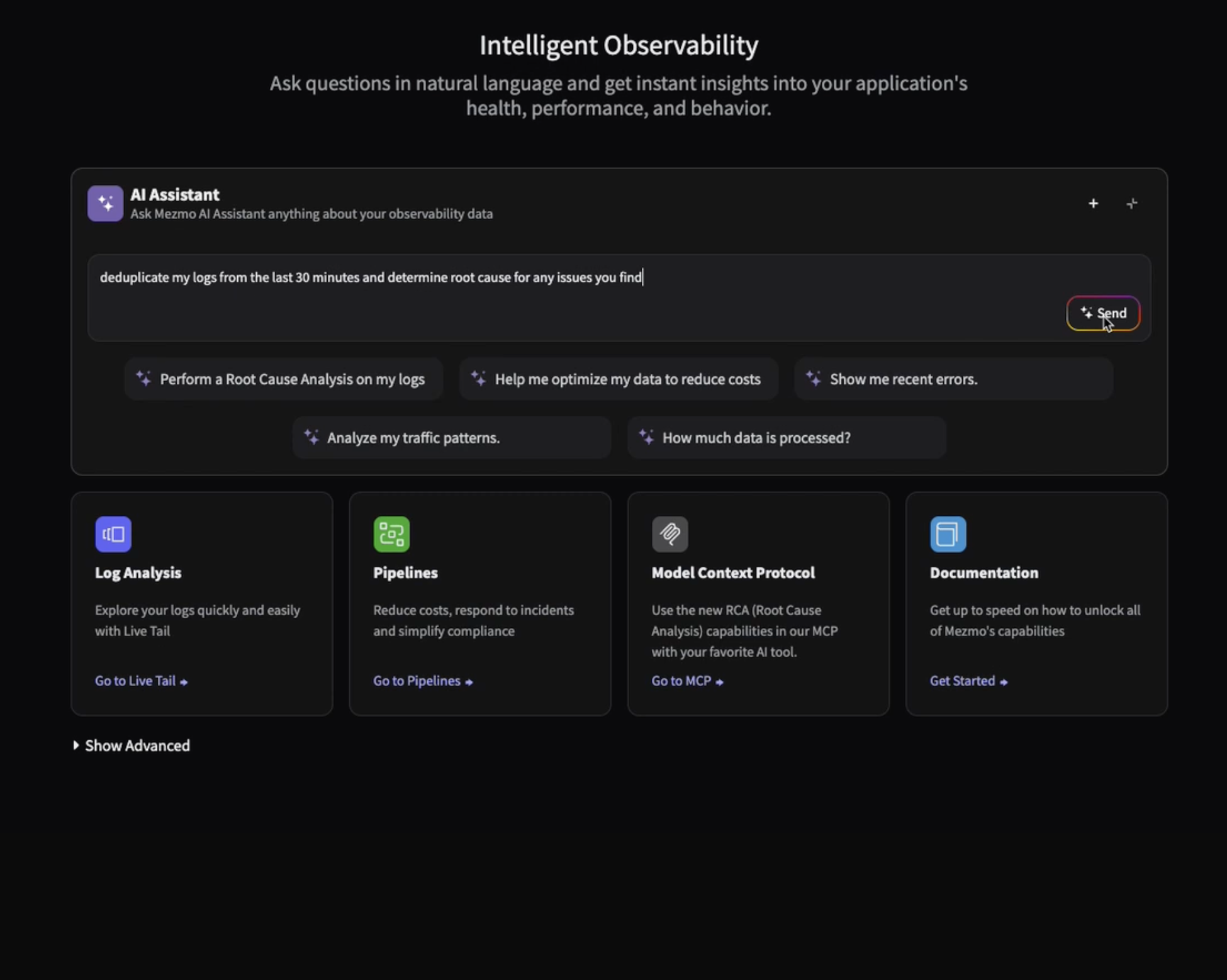
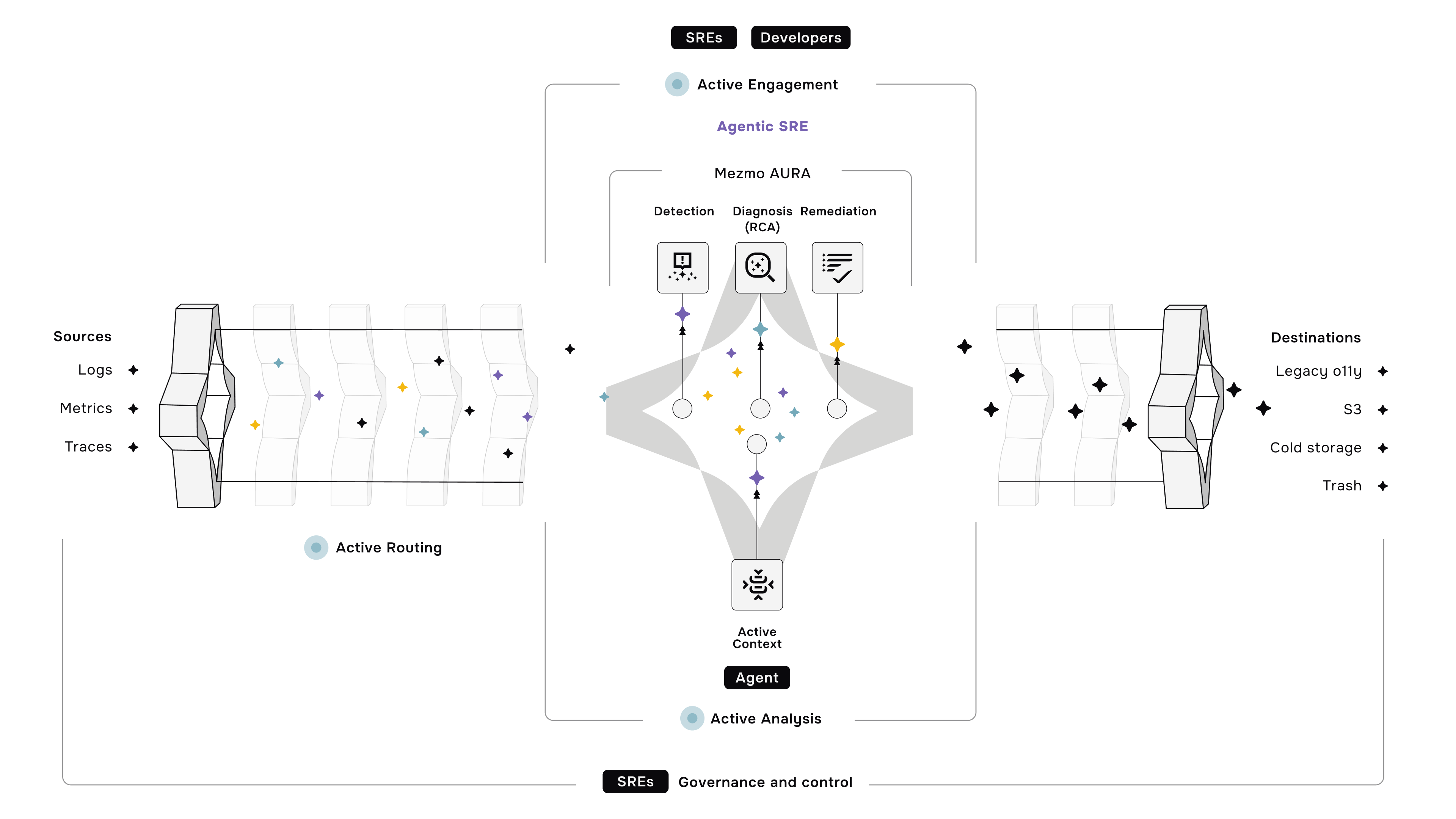

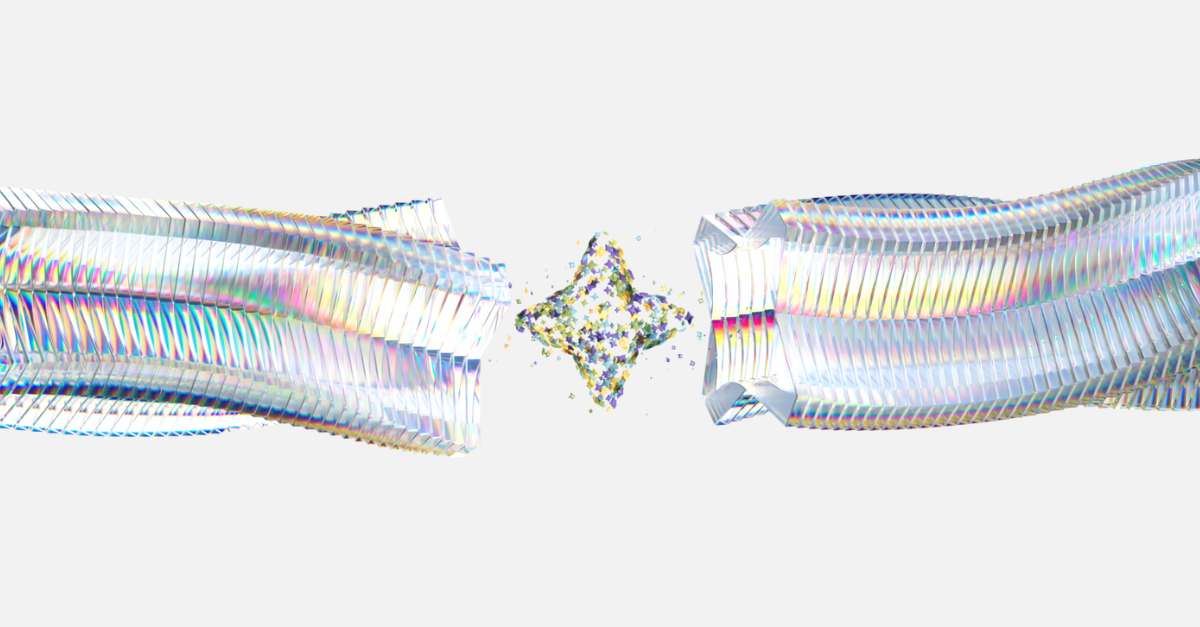




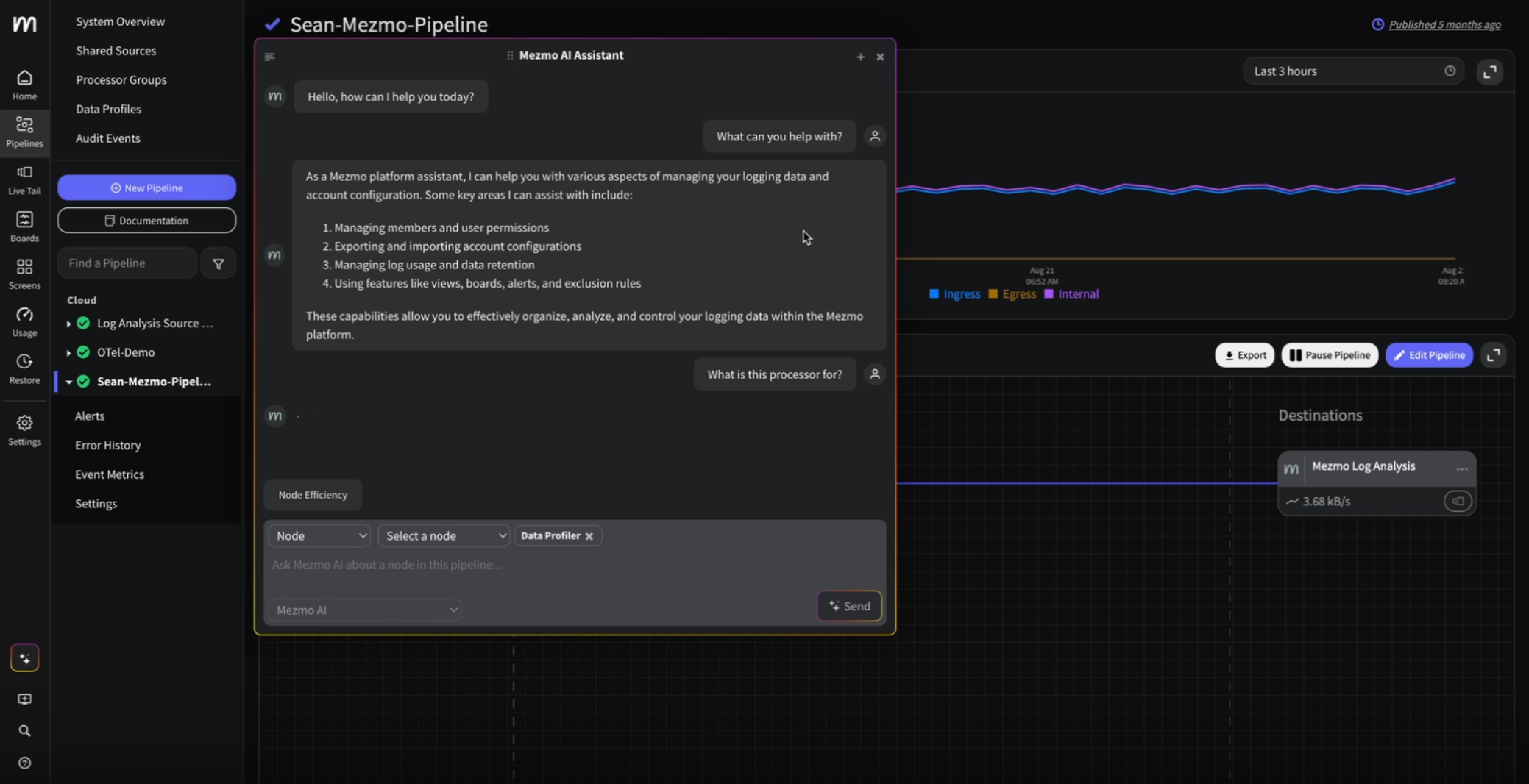
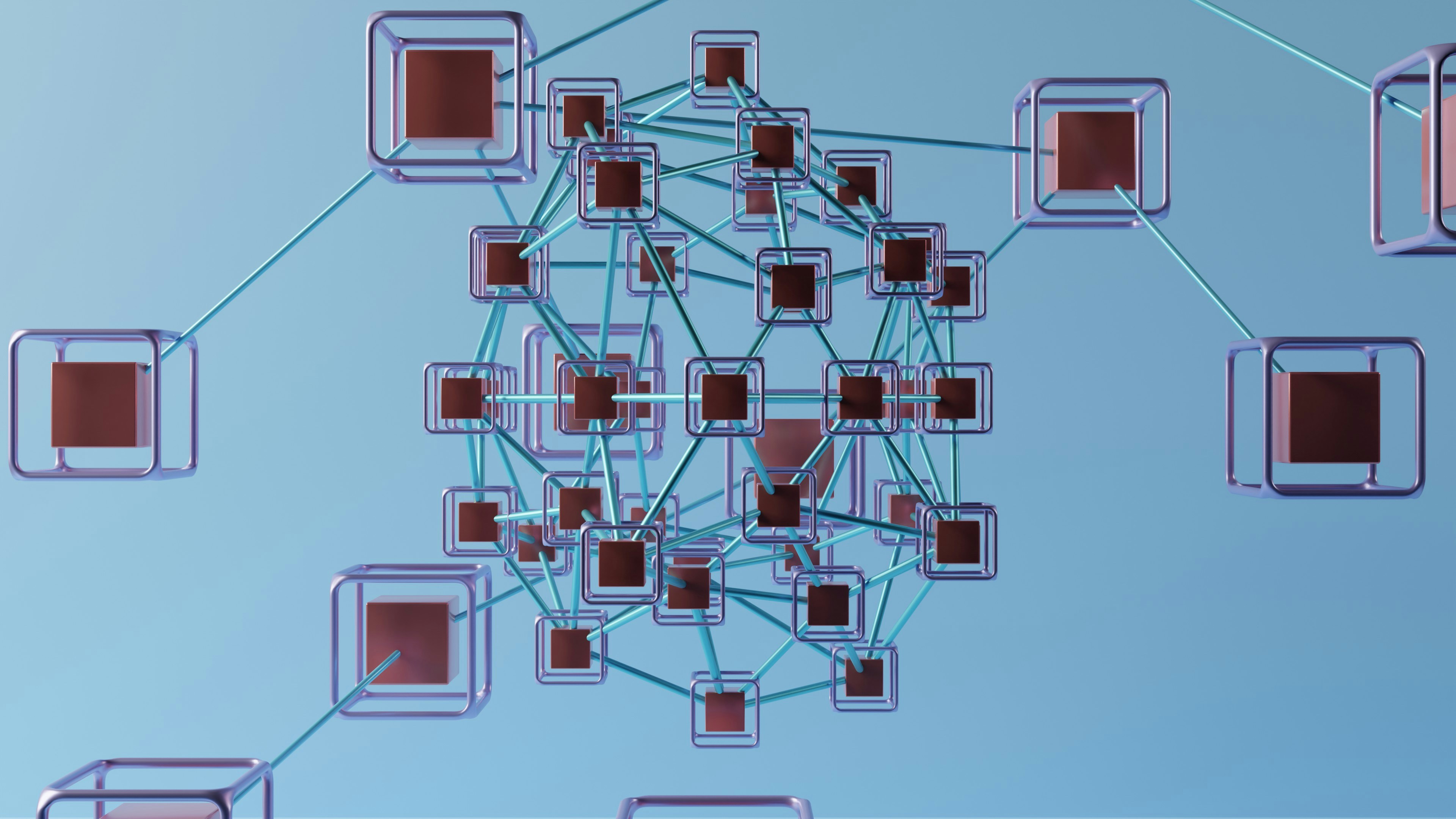

.png)




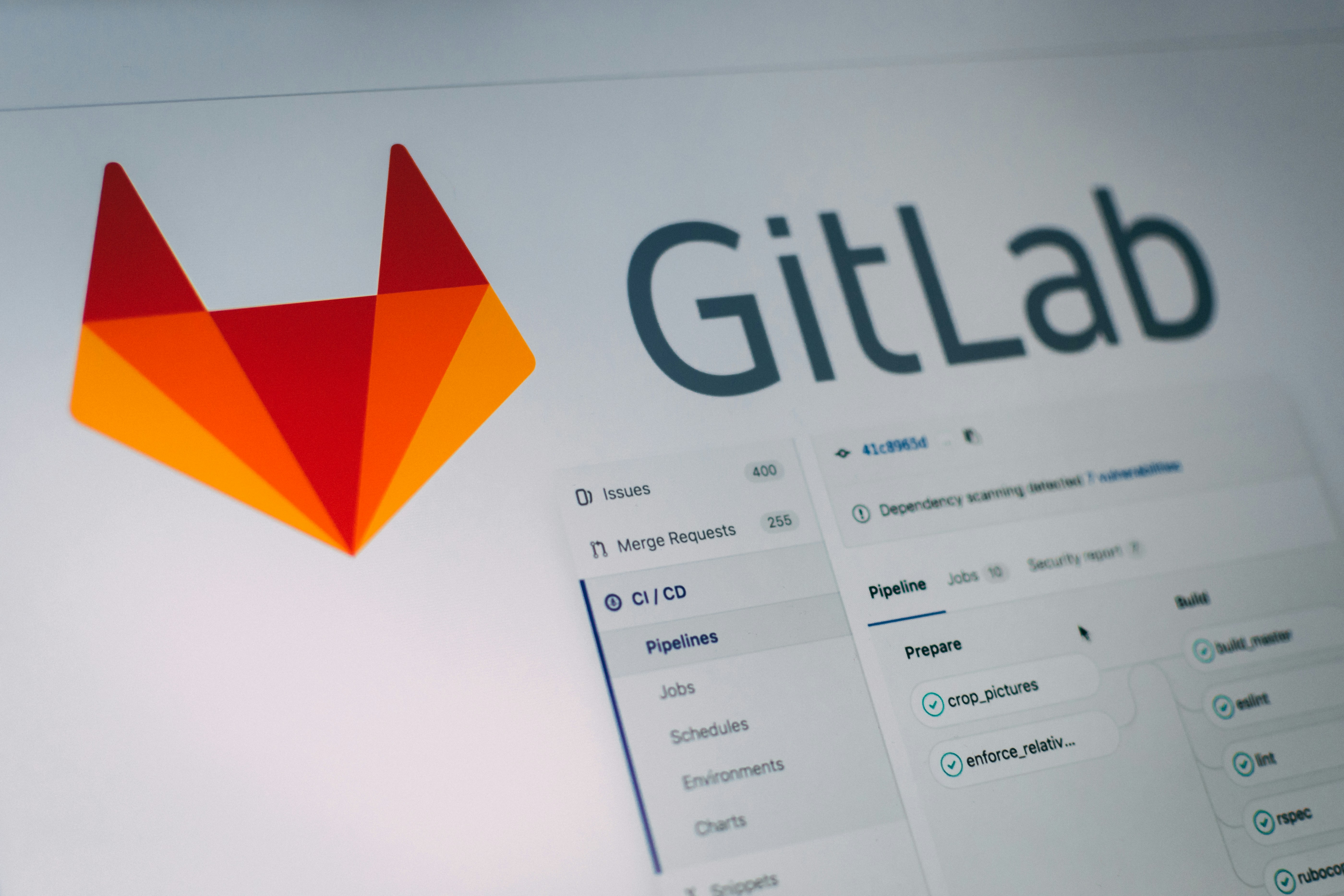
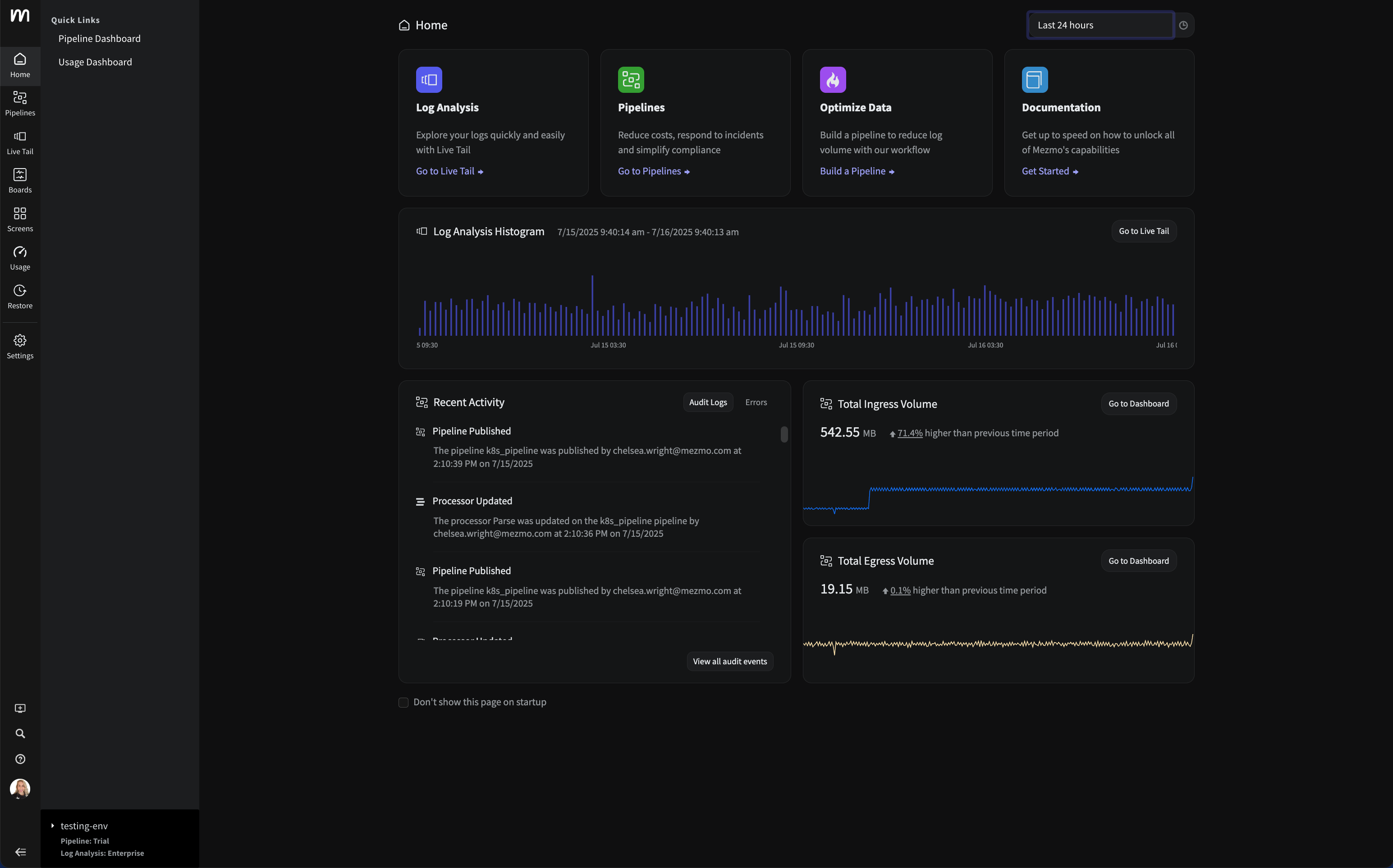


















.png)


































































